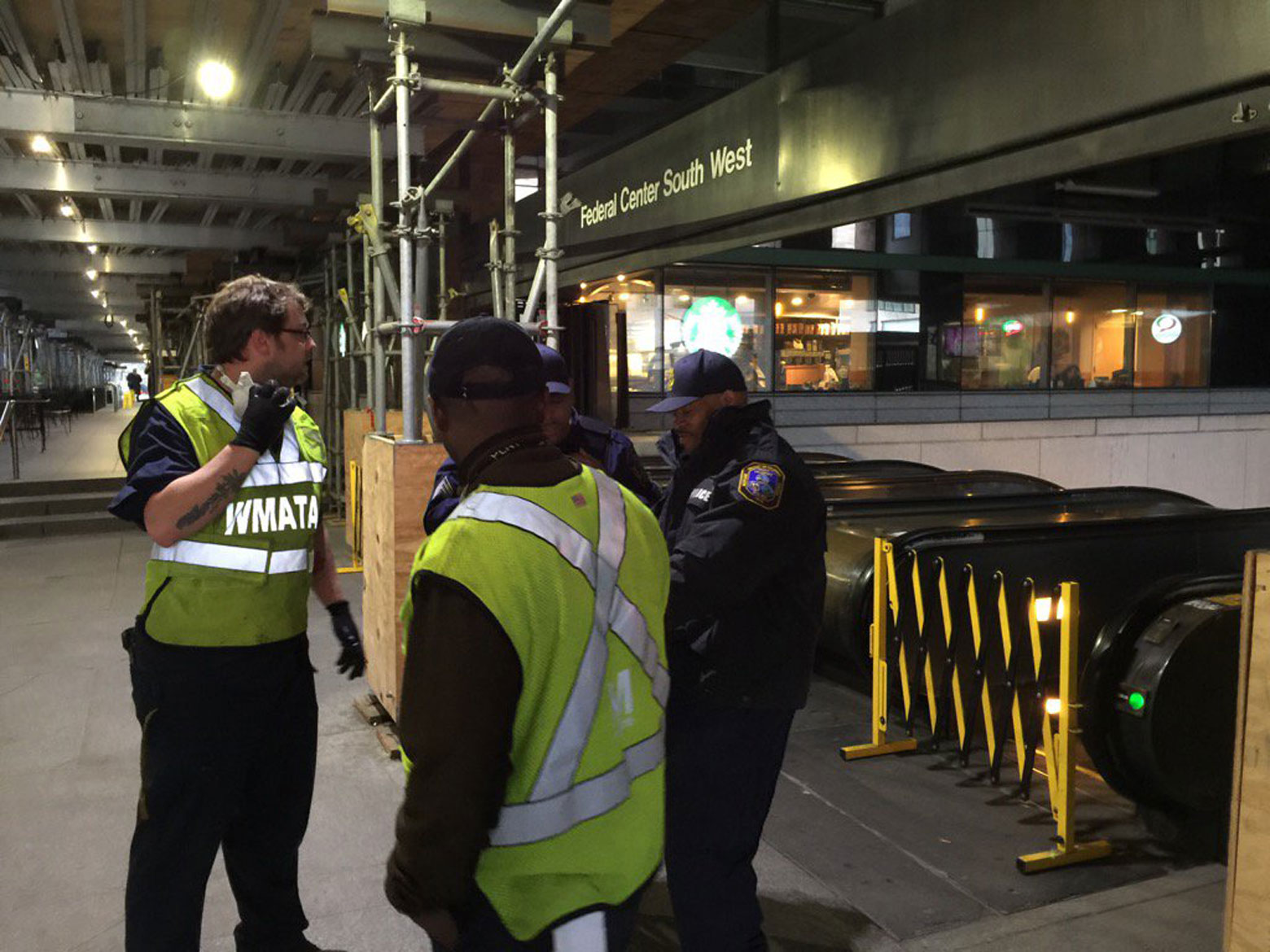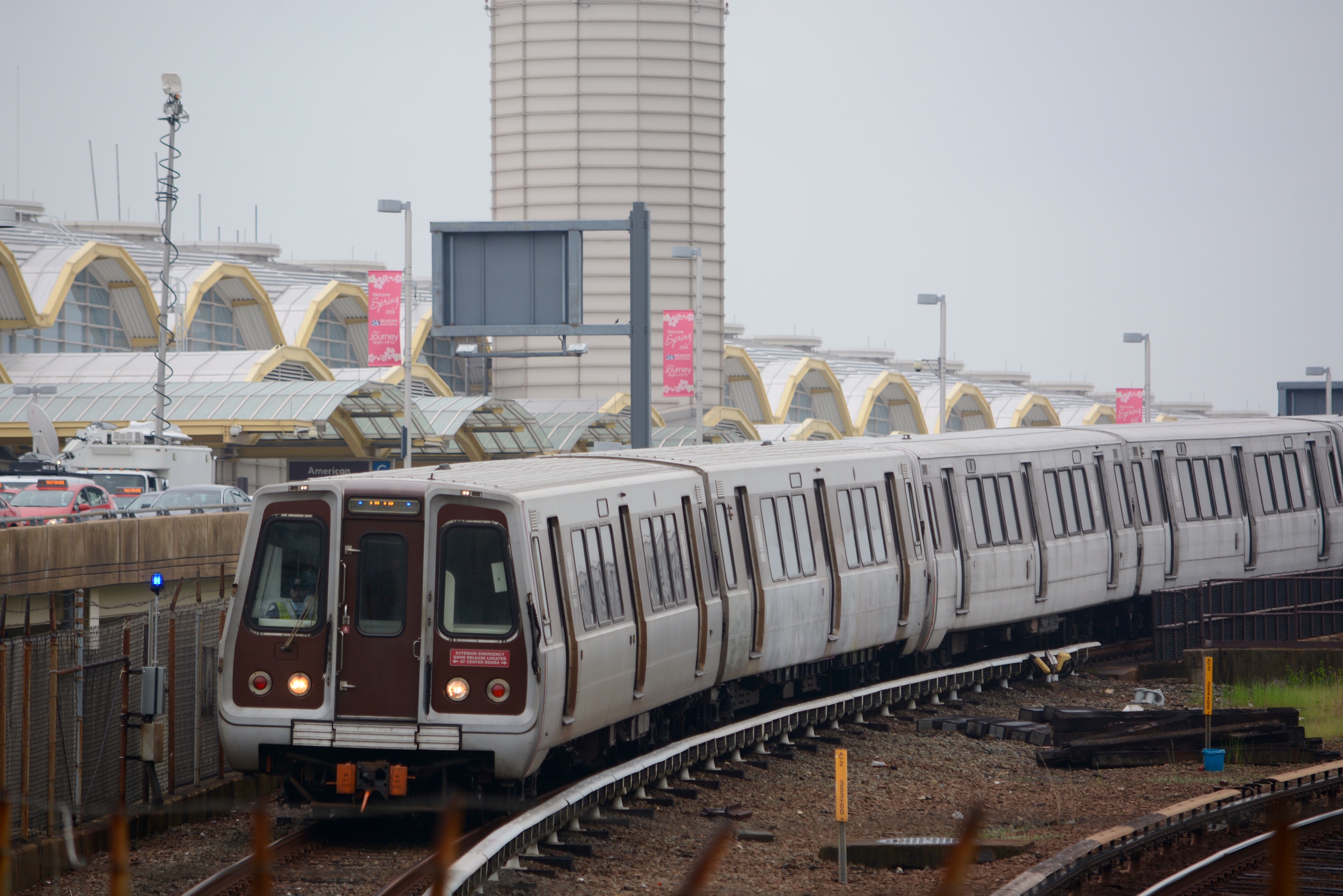WASHINGTON — With the end of late-night Metro trains on weekends, D.C. police are setting up new pickup zones and routes for cab, Uber, Lyft and other similar drivers to try to keep people safe and traffic moving in hopping neighborhoods.
D.C. Police Chief Cathy Lanier said the focus is in night life and entertainment areas, where specially trained officers are already stationed at night.
“They are working to put together pickup zones and a kind of safe passage route for those pickup zones to try to help the flow of traffic in and out of the nightlife areas,” Lanier said.
Bars, restaurants and other businesses have expressed concerns about the service cutback from what had been a 3 a.m. closing for years. Trains will now stop around midnight every day of the week for at least the next year.
The five designated nightlife safety corridors are as follows:
H Street
- 1400 H Street, Northeast (in front of)
Chinatown
- 600 7th Street, Northwest (alongside Verizon Center)
DuPont Circle
- 1201 Connecticut Avenue, Northwest (Northbound)
- 1250 Connecticut Avenue, Northwest (Southbound)
U Street
- 1925 Vermont Avenue, Northwest (in front of)
- 2014 14th Street, Northwest (Southbound)
Adams Morgan
- 2200 Champlain Street, Northwest (in front of)
“It’s not just the nightlife-goers, it’s more the after-midnight service workers that have to get home from the core downtown who will rely on different forms of transportation now,” Lanier said.
Metro’s move to stop trains at midnight on weekends, which the agency said is intended to free up more time for track work, is just one part of the major changes for the system this weekend.
In addition to regular weekend track work, and water on the tracks Saturday morning outside Rosslyn, Metro began its first surge of round-the-clock track work that will impact rush hour.
The first 13 days focus on rebuilding the Orange and Silver line tracks between Ballston and East Falls Church, which will lead to significantly longer waits and more crowding on trains.
The work then rotates across the system, with stretches of constant single-tracking or shutdowns that will last anywhere from one week to six weeks.
The D.C. Taxicab Commission on Friday expanded its shared riding program to allow any licensed cab operator to organize and start shared rides anywhere within one mile of a Metro station or at a taxicab stand while the 24/7 Metro work is ongoing.
While cabs will not have “surge pricing” on metered fares, there may be surge pricing for taxis booked through mobile apps that include the feature.
The commission is also allowing “black cars” registered in Maryland or Virginia to get special decals that will allow pooled rides booked through apps like Uber, Lyft or Split during peak hours (5 a.m. to 10 a.m. and 3 p.m. to 7 p.m. weekdays).







